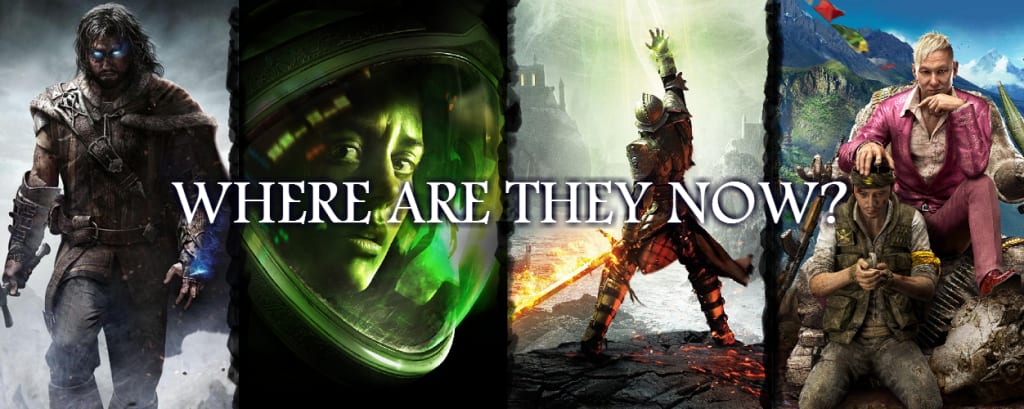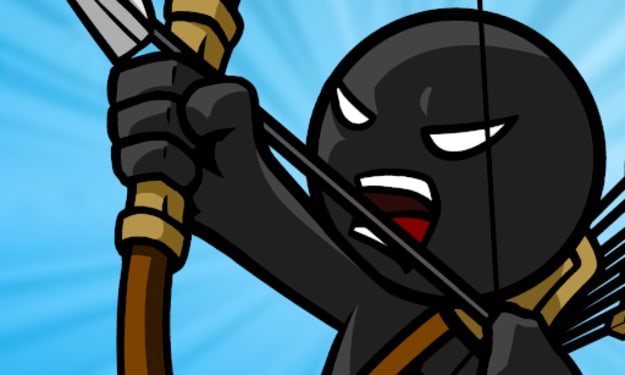The Problem with AAA Games
And why Indie games are often better.

It is no secret that Indie games have been increasing in popularity at an impressive rate for a number of years now and, in many ways, are held in higher regard than the big company’s titles. What exactly is the reason for this trend and where have AAA titles gone wrong?
There was a time in the not too distant past when you’d be wringing your hands with excitement at the prospect of the latest big game to drop from the likes of EA and Activision. It was considered an event to receive the latest Call of Duty or some such title. Now, though, there is significantly less of a buzz for COD or Assassins Creed, to give but two examples.
Really, it isn’t too hard to see why gamers have been put off and the answer comes in the form of three little letters: DLC.
Whilst many of the Indie titles available on Steam and other services will gladly update their games with new content for no additional charge, the big companies don’t seem to share that philosophy. One of the most notorious offenders comes in the form of Star Wars: Battlefront. There was such a huge amount of anticipation for this game that so many players had been waiting years for ever since the last entry in the series in 2005. It could have been something truly special but then EA decided to hide the vast majority of the content behind a paywall. And with that the last shreds of trust gamers had in AAA titles went right out the window.
It isn’t even as though this is an isolated incident as so many titles have hyped up their DLC more fervently than they have the main game. Just look at the packs released periodically by 2K for their WWE franchise and that will tell you everything you need to know about this blight on the industry.
It is entirely unreasonable to expect your customers to lay down sometimes up to £60 for a product only to then be told that that only got them access to a portion of the experience and they’d need to lay down nearly the same amount if they want the rest. This may be a dated notion, but is it really too much to ask for developers to release all the content in the main build and then add in some superficial things if they must have DLC?
This is not the only problem that rears its ugly head time and time again as consumers also have to contend with pre-order bonuses that promise them some shiny trinkets in return for blindly buying a game that they have no guarantee will actually be good.
Nowhere has this practice been more egregious than it was with Deus Ex: Mankind Divided. The fact that they based the pre-order bonus on how many people placed orders was totally unacceptable to the point that it didn’t even pretend to be rewarding the individual for their loyalty and instead made it clear that all they cared about was their bottom line. It doesn’t help matters much that the game itself wasn’t very good and certainly didn’t warrant parting with money ahead of the release.
Perhaps a more conscionable approach to game marketing would be to release accurate footage of what the game is going to look and play like when players get their hands on it? This would remove the looming spectre of graphical downgrades and boldfaced lies that are so rife at present.
It cannot be ignored either that, in so many cases, Indie games are just plain better.
The freedom from corporate interference allows developers of these titles to exercise creative freedom and in turn give their customers something special and unique. One only needs to look at the gem that is Life is Strange to see this in action. It expertly blended raw emotion with a thrilling gameplay experience to essentially make a better version of Telltale’s somewhat stifled games.
This isn’t to mention the gold that is Ark: Survival Evolved, PlayerUnknown’s Battlegrounds, and Terraria. All of these and so many more have captured the imagination of gamers worldwide and provided them with an entirely difference experience. One that rewards out-of-the-box thinking and gives some real player agency instead of the feeble attempts so often found in larger games.
If AAA games wish to generate the positive feelings that their smaller counterparts do then they might wish to take note of these problems and take steps to reinstate trust in the companies behind the titles. Until then though, all hail the Indie revolution.
About the Creator
Shaun Pond
I am a third year Journalism and Screenwriting student at The University of Worcester with a particular interest in gaming and all things geek. Seeking representation and writing opportunities, please contact [email protected].






Comments
There are no comments for this story
Be the first to respond and start the conversation.